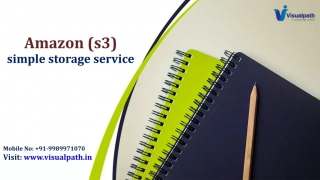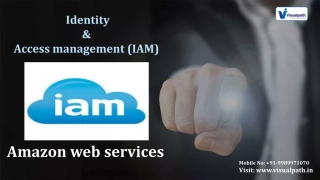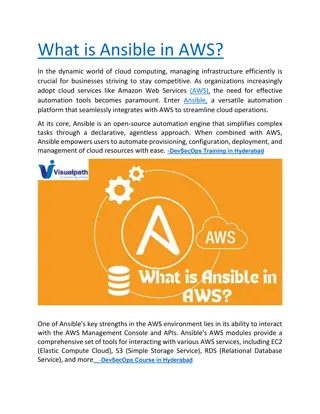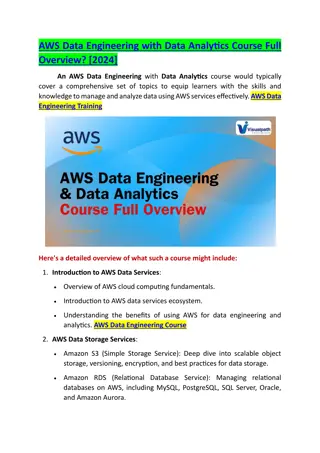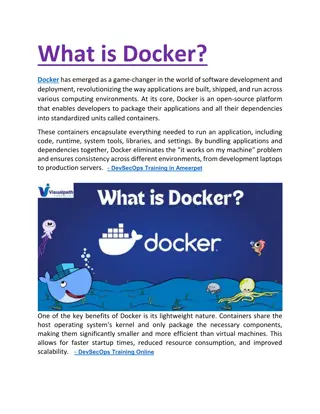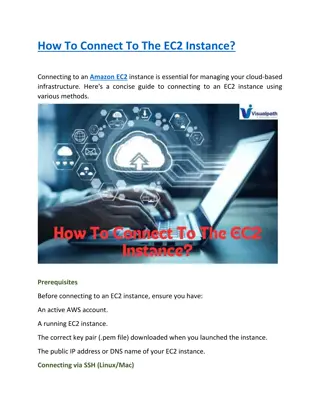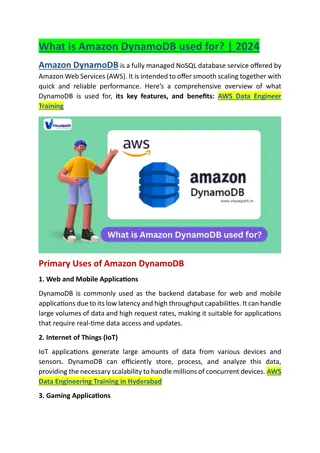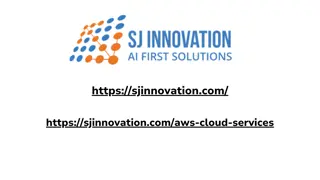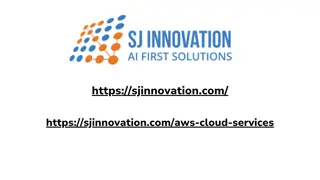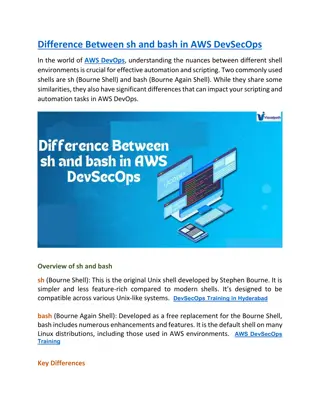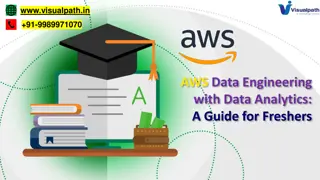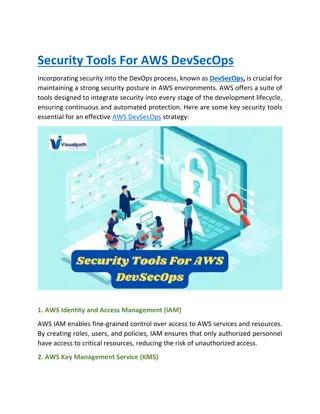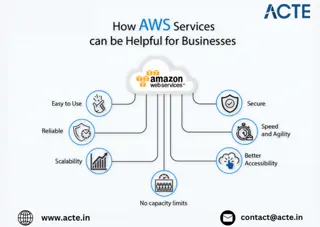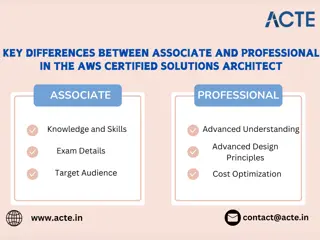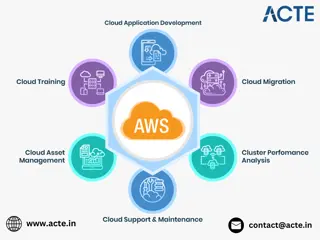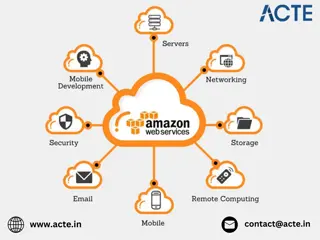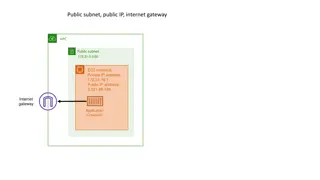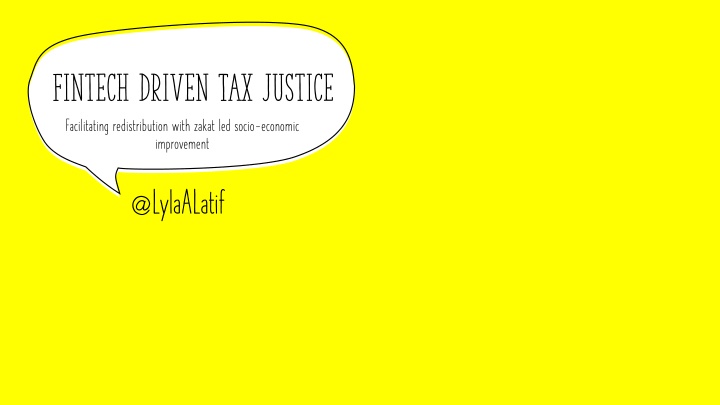
Fintech-Driven Tax Justice for Socio-Economic Improvement
Explore the intersection of fintech, tax justice, and redistribution to bridge gendered wealth gaps and empower women economically. Discover how embedding tax justice into fintech can reshape social extraction for more equitable redistribution, with a focus on leveraging Islamic wealth tax for community development in Kenya.
Download Presentation

Please find below an Image/Link to download the presentation.
The content on the website is provided AS IS for your information and personal use only. It may not be sold, licensed, or shared on other websites without obtaining consent from the author. If you encounter any issues during the download, it is possible that the publisher has removed the file from their server.
You are allowed to download the files provided on this website for personal or commercial use, subject to the condition that they are used lawfully. All files are the property of their respective owners.
The content on the website is provided AS IS for your information and personal use only. It may not be sold, licensed, or shared on other websites without obtaining consent from the author.
E N D
Presentation Transcript
Fintech driven Tax Justice Facilitating redistribution with zakat led socio-economic improvement @LylaALatif
1. Financial inclusion brought about by fintech has to some extent supported women s access to finance
2. embedding tax justice into fintech would mean taxing fintech and earmarking the revenue toward redistribution that bridges gendered wealth and income asymmetries
But YES Does fintech have the potential to redistribute crowd sourced accumulated wealth or income to mitigate gender inequality and help meet socio-economic needs of women? NO Does the taxation of fintech guarantee that government will use the funds to mitigate gender inequality and help meet socio-economic needs of women?
3. embedding tax justice into fintech would also mean reconstructing how social extraction supports redistribution
4. fiscal pluralism permits incorporating notions of tax under different fiscal systems to contribute towards redistribution that resolves inequality
5. FBOs approach to using the Islamic wealth tax transferred over mpesa platform to support women economic improvement
Provides fresh insights into redistribution from a tax justice approach based on social extraction of religious funds
FBOs govern social relations within a community and have the potential to generate revenue to provide development needs. Their role in social extraction and contribution to development, either independently or in coproduction with the state, is increasingly being recognised by scholars. In the context of redistribution, faith-based contributions for community development is critical to local development . (Fintech driven tax justice, TJN conference paper, page 5) Zakat Kenya: FBO Fintech platform Fintech enables this nexus.
Case study mama riziki Saving money on her mpesa account and transacting over her phone gave Mama Riziki full control over how she wanted to spend her money without seeking approval from her husband or giving him access to her savings. Her zakat financed food business resulted in reducing her household poverty and because she contributed significantly to the household expenses, it gave her power to make her own decisions.
Conclusion In earning her income, Mama Riziki contributes to the development of the Kenyan economy. The transaction costs she pays to transact using her mpesa account forms part of the pool of sources of revenue available to the government. This in turn empowers her to seek accountability from the state and hold the government responsible for the provision of social services. Fintech, being a convenient model for social extraction, connecting wealthy citizens with the poor to help them seek out income streams provides some insight into the nexus between tax and redistribution as understood in the Islamic sense.
Thank you for listening Lyla Latif

